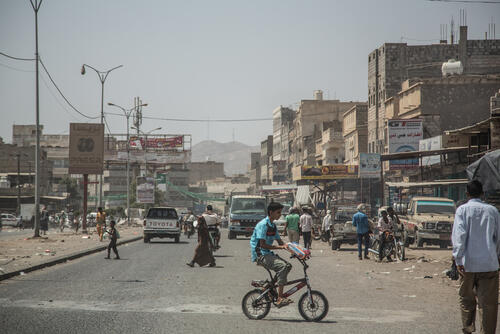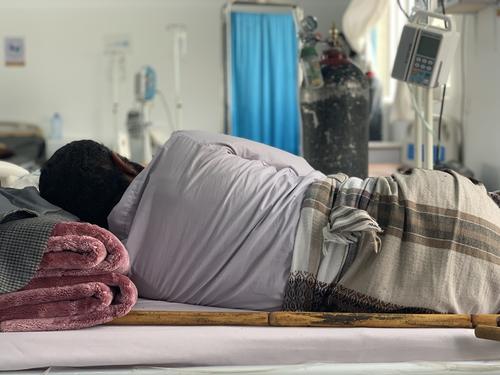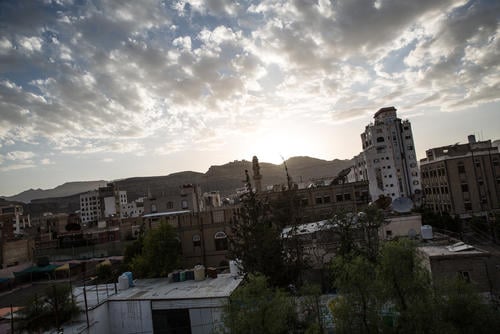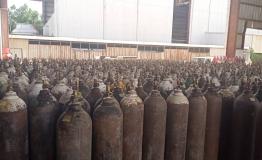After the first case of coronavirus disease COVID-19 was confirmed in Yemen today, Médecins Sans Frontières (MSF) are calling for the authorities in Yemen to urgently allow the entrance of supplies and humanitarian staff to the country in order to facilitate a response to the disease.
More personal protective equipment and testing capacity urgently needs to be imported into Yemen both for the national health system and for humanitarian organisations.Caroline Seguin, MSF operations manager for Yemen
While the different authorities in Yemen have taken some steps to plan for a response to the COVID-19 pandemic, five years of war mean that the health system has collapsed, making an effective response to the disease almost impossible with the existing resources in the country.
“More personal protective equipment (PPE) and testing capacity urgently needs to be imported into Yemen both for the national health system and for humanitarian organisations,” said Caroline Seguin, MSF operations manager for Yemen, “The different Yemeni authorities also need to allow the entry of key medical and support staff from foreign organisations.”
Despite the global shortage of PPE and tests, countries like Yemen who are most vulnerable to the effects of COVID-19 must not be forgotten when stocks are divided up. All countries also need to do their part in facilitating the movement of humanitarian workers.
MSF has assisted the authorities in Aden and Sanaa to set up COVID-19 treatment centres in both cities, but overall there are almost no treatment centres ready to operate in the country and very little funds to pay healthcare staff.
The limited number of functioning hospitals and health centres leads MSF to believe that the spread of COVID-19 could become critical if additional support and measures are not put in place quickly.
“While we have the strength that 90 per cent of our staff in Yemen is Yemeni, extra support in the coming weeks and months will be vital for a workforce that is already badly overstretched,” said Seguin. “All staff entering the country would undergo 14 days of quarantine to prevent the further spread of the disease.”
...Extra support in the coming weeks and months will be vital for a workforce that is already badly overstretched.Caroline Seguin, MSF operations manager for Yemen
The announcement of the first confirmed case in Yemen is a worrying but inevitable development – Yemen was one of the last countries in the world not to have registered any cases of COVID-19, perhaps because of a severe lack of testing capacity in the country.
Hospitals struggle to meet the existing needs of people in Yemen amidst the war. The spread of COVID-19 would place enormous strain on an already broken system.
The disease could spread very quickly, particularly in overcrowded settings like cities and camps for the displaced. In rural areas, where health facilities barely exist, little or no possibility of testing, contact-tracing, isolation and other public health measures would make a response very difficult.
What few hospitals and health centres there are lack the intensive care capacity to treat the most sick. They would quickly become overwhelmed while still treating casualties from the fighting as well as responding to other medical needs.
As well as assisting the authorities in treating COVID-19, it is essential that humanitarian actors like MSF are guaranteed access and can continue their emergency life-saving activities for women delivering babies, people injured in the fighting, or children suffering from malnutrition.
In the past few weeks MSF has already begun collaboration with the various Yemeni authorities on their planning for the response to COVID-19, and we will do our best to support the Yemeni people over the coming weeks. Without the ability to bring in further staff or supplies, however, our capacity will remain limited.
MSF has projects and supports facilities in 13 governorates across Yemen, and has been continuously present in the country since 2007.






